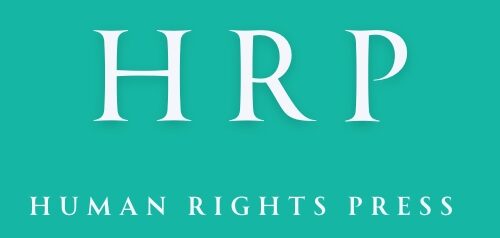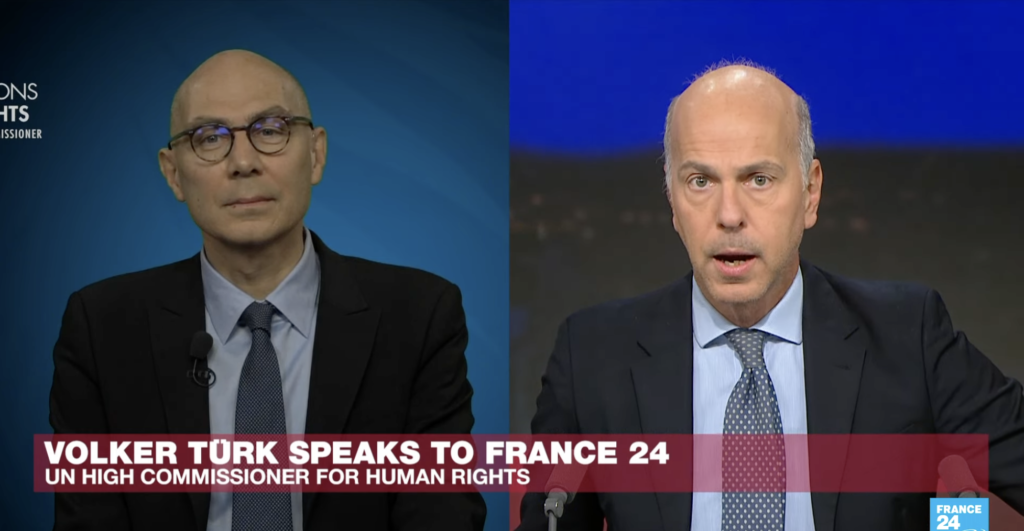By Human Rights Press staff
Published on Nov22, 2023
Introduction:
A new report released on Wednesday by Human Rights Watch (HRW) alleges that China is forcibly closing mosques outside of Xinjiang (Uyghur region), flagrantly violating the fundamental right to freedom of religion. This expansion of China’s “mosque consolidation” policy, previously targeting the Muslim population in Xinjiang, has raised serious human rights concerns.
Background:
Since 2017, Chinese authorities have extensively demolished or damaged two-thirds of Xinjiang’s mosques, with approximately half of them completely razed, according to HRW, citing the Australian Strategic Policy Institute (ASPI). The aggressive assimilationist policies in ethnic minority regions, particularly in Xinjiang, have resulted in severe abuses amounting to crimes against humanity, including the systematic destruction of numerous mosques, as highlighted in the HRW report.
What does the report say?
The report suggests that government documents indicate a similar policy enforcement in the provinces of Ningxia and Gansu, home to the highest Muslim populations in China after Xinjiang. This practice aligns with Chinese leader Xi Jinping’s call for “Sinicization” of religions, aiming to increase the Chinese Communist Party’s role in people’s religious lives, thereby expanding state control over religion, according to HRW.
HRW Acting China Director Maya Wang emphasized, “The Chinese government is not ‘consolidating’ mosques as it claims but closing many down in violation of religious freedom.” The closure, destruction, and repurposing of mosques are viewed as part of a systematic effort to curb the practice of Islam in China.
While HRW could not specify the exact number of closed or repurposed mosques in Ningxia and Gansu, forthcoming research estimates that one-third of mosques in Ningxia have been closed since 2020.
What do people say?
“The Chinese government’s closure, destruction, and repurposing of mosques is part of a systematic effort to curb the practice of Islam in China,” Maya Wang emphasized in the HRW report.
Visual Element:
[Include a compelling image or infographic depicting the impact of China’s mosque consolidation policy.]
Legal Perspective:
The report cited the Universal Declaration of Human Rights, which provides for the freedom of “thought, conscience and religion,” and called on the Chinese government to reverse these policies and release those detained for violating them.
Response and Actions:
The report urges foreign governments, especially member countries of the Organization of Islamic Cooperation (OIC), to increase pressure on China to cease its campaign against the Muslim population. HRW suggests that governments concerned about religious freedom should raise these issues directly with the Chinese government and at the United Nations and other international forums.
HRW’s report cites the Universal Declaration of Human Rights, advocating for the freedom of “thought, conscience, and religion.” The report calls on the Chinese government to reverse these policies and release those detained for violating them.
Conclusion:
The Biden administration, critical of China’s treatment of religious minorities, particularly Uyghur Muslims, officially declared it a genocide in a 2021 U.S. report on human rights. The report emphasized, “Genocide and crimes against humanity occurred during the year against the predominantly Muslim Uyghurs and other ethnic and religious minority groups in Xinjiang.” The international community faces a pressing need to address these ongoing violations of religious freedom.

